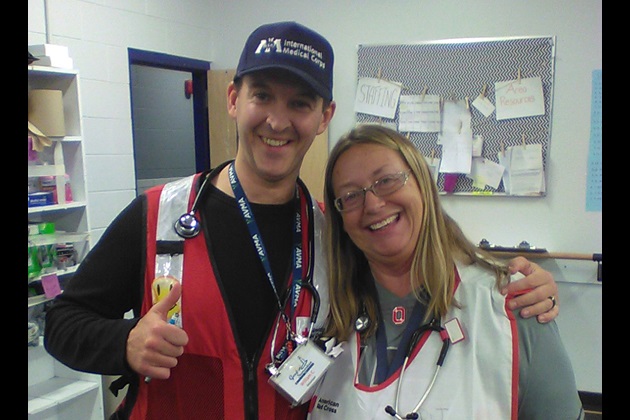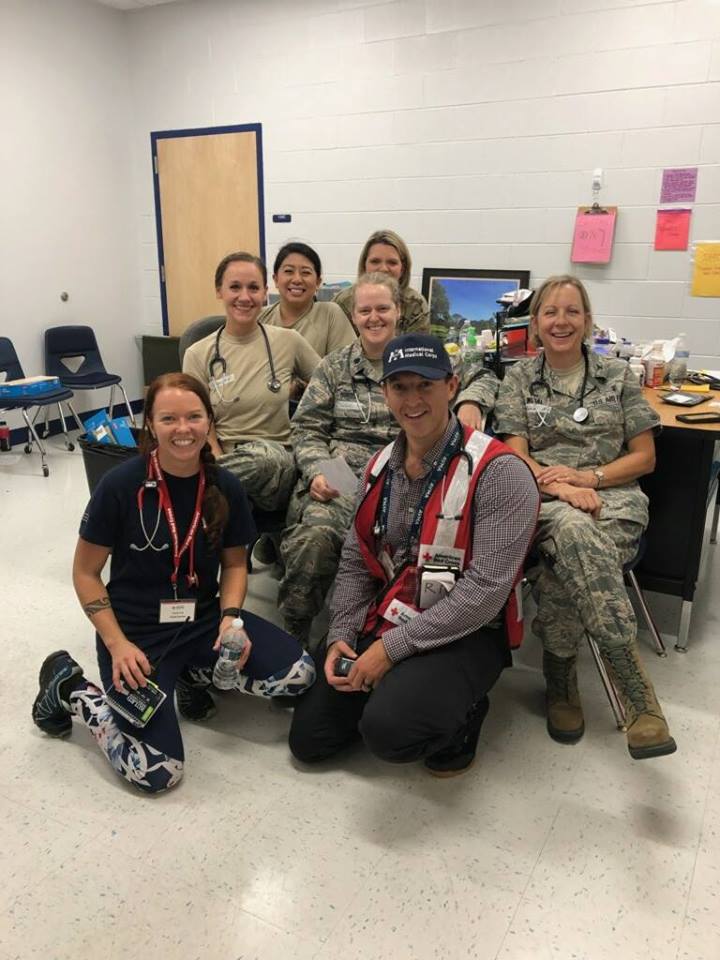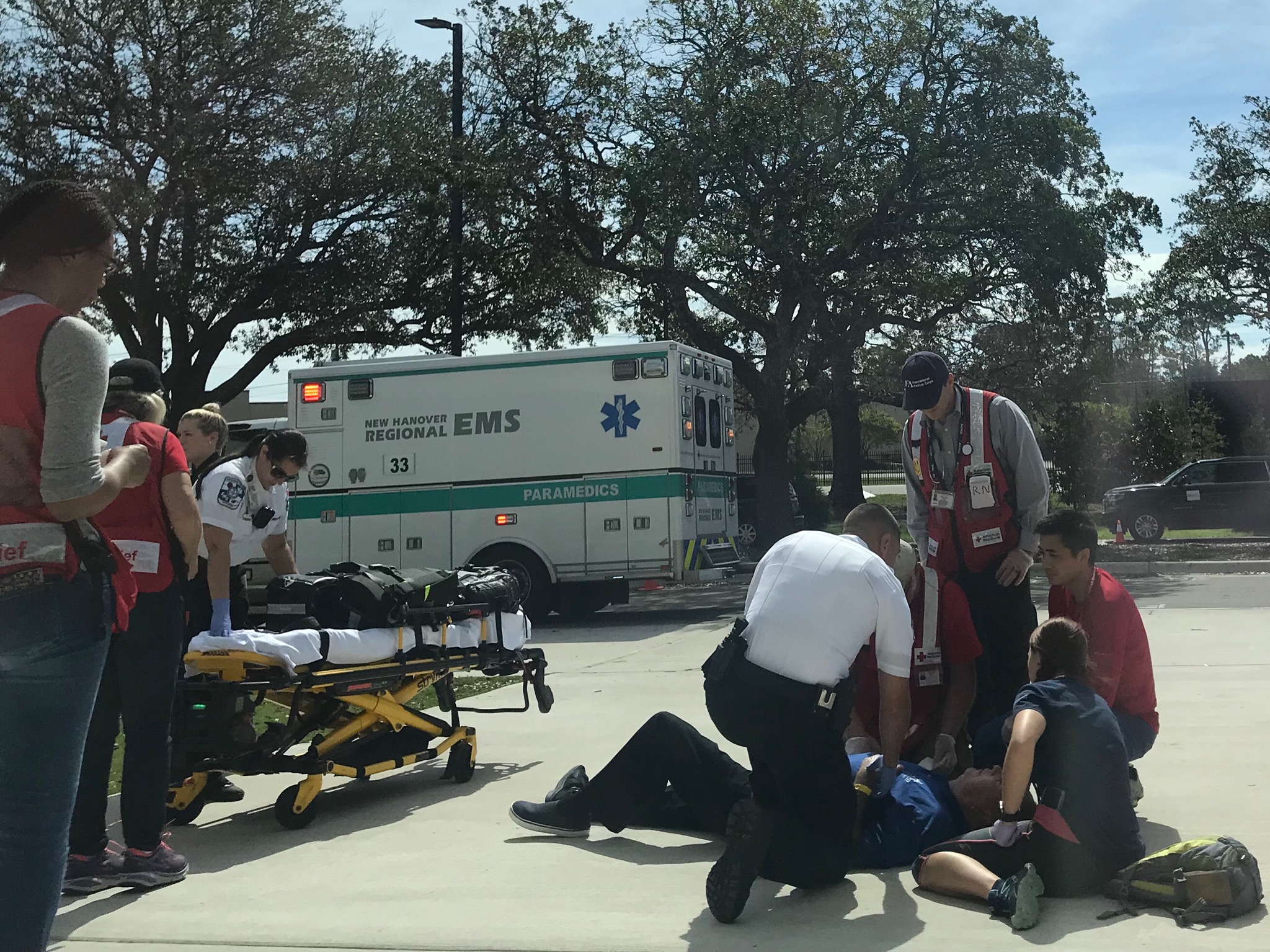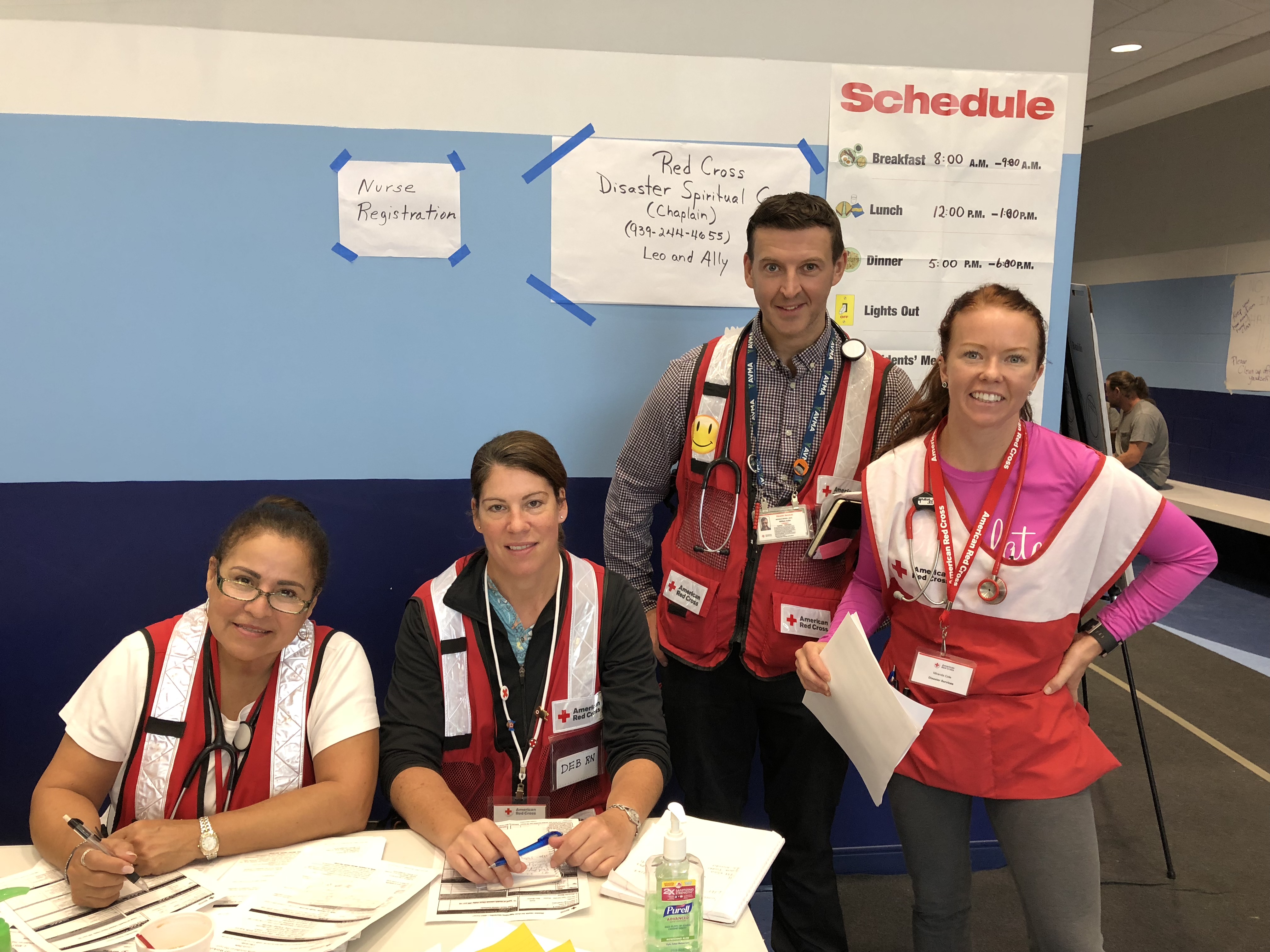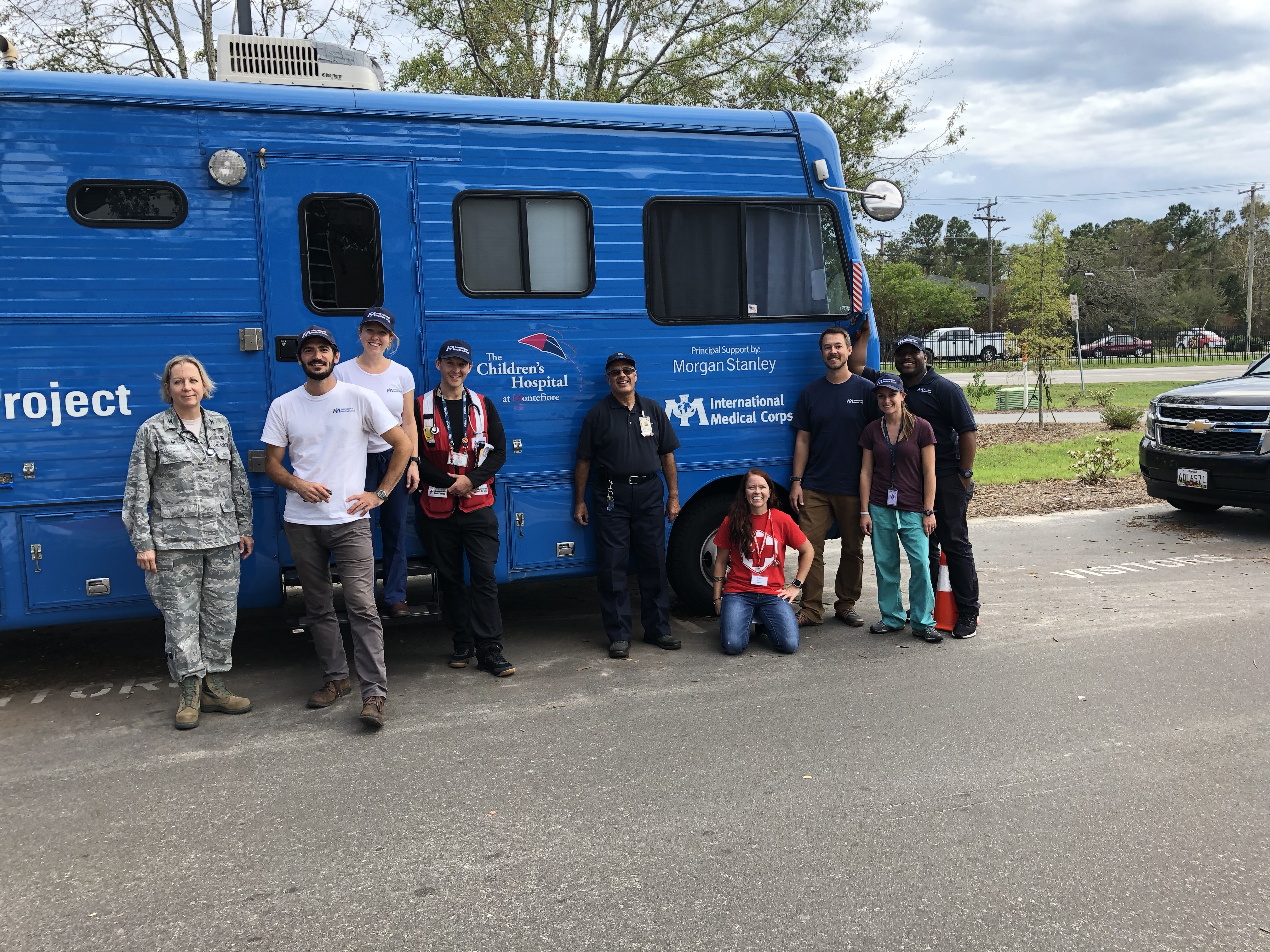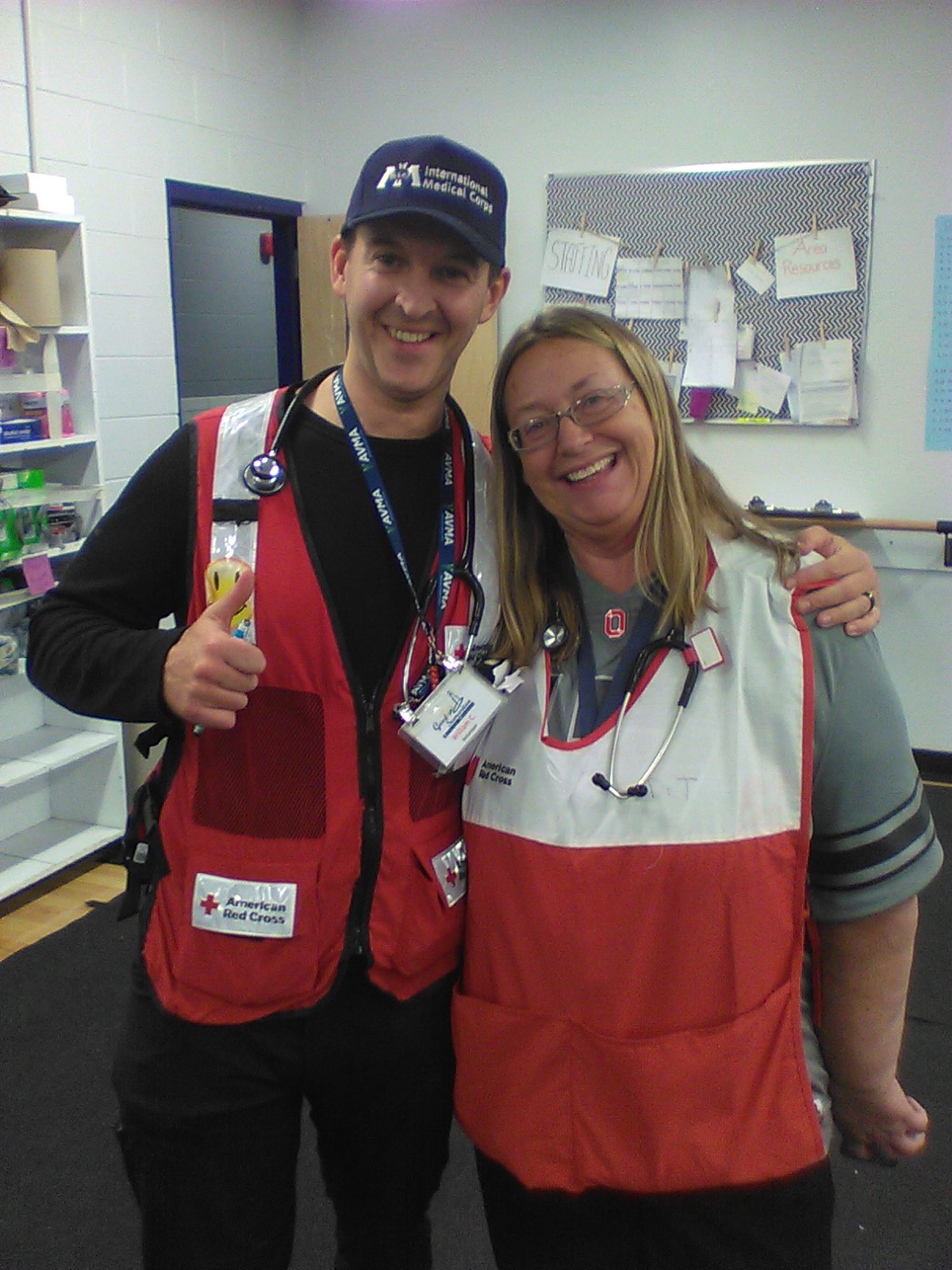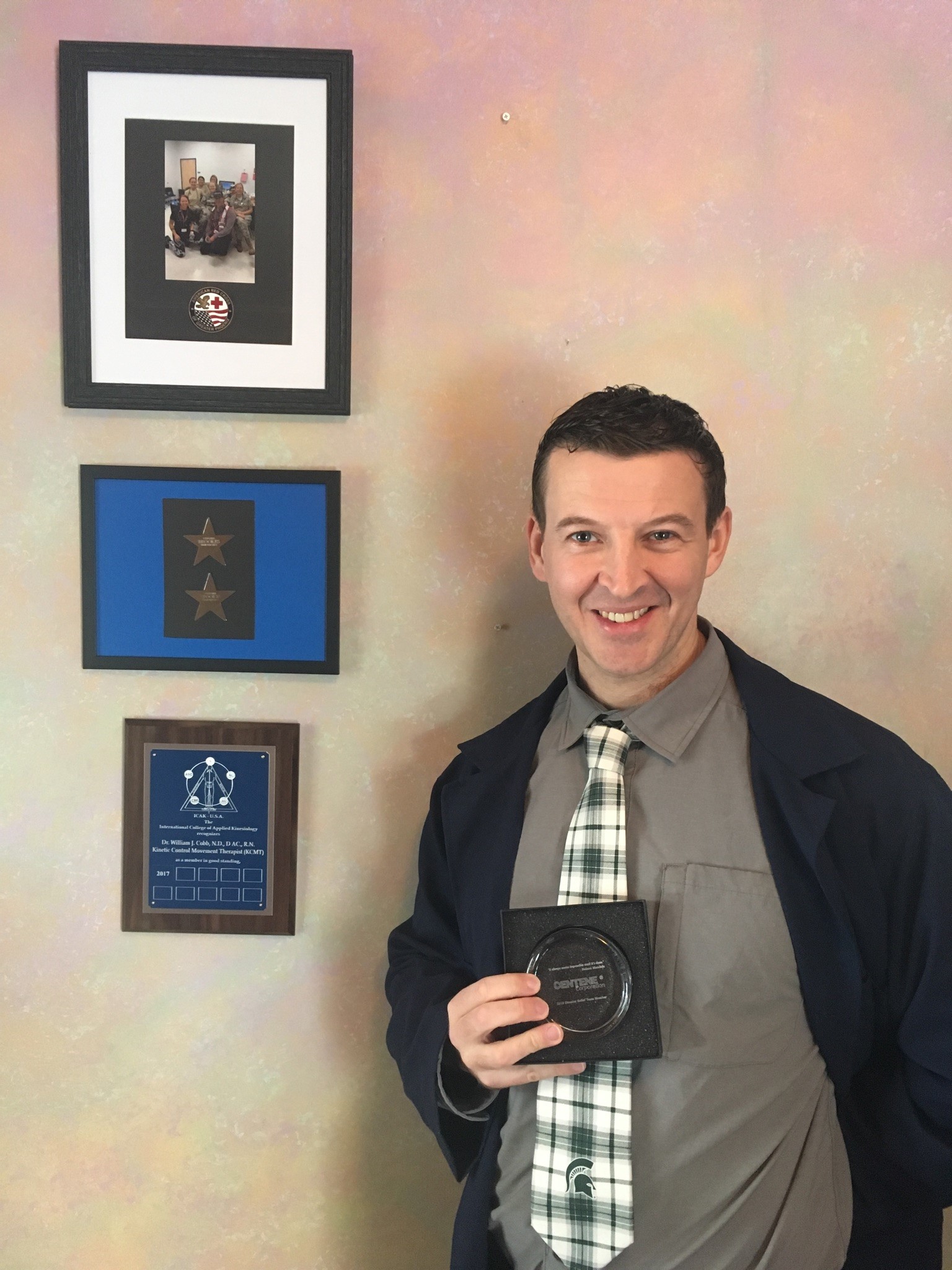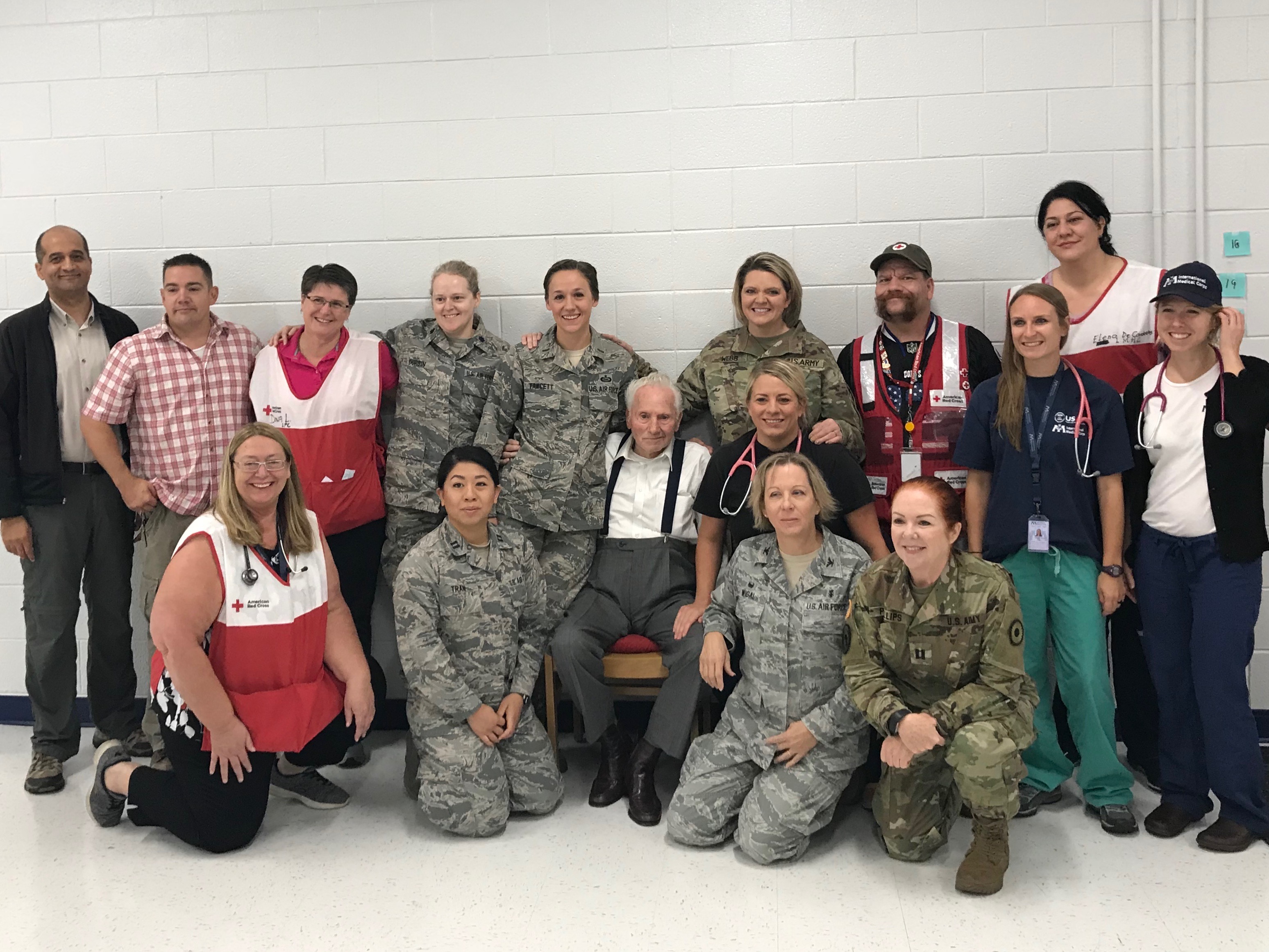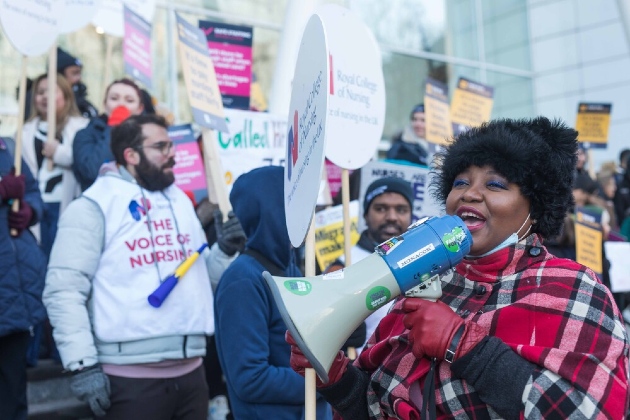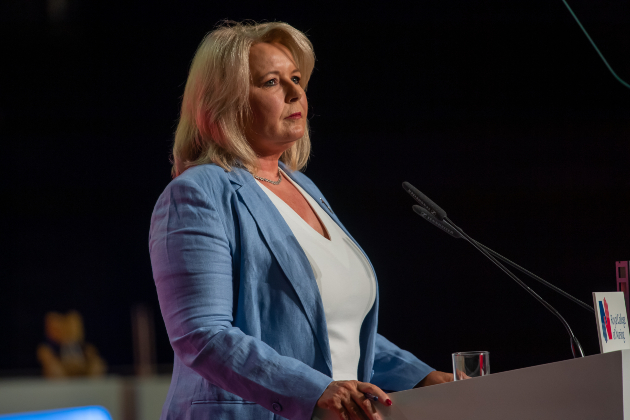RCN member William Cobb spent eight weeks caring for victims of Hurricanes Florence and Michael in North Carolina as a volunteer for the American Red Cross. He shares his story
I was at home in Bay City, Michigan, when my branch of the American Red Cross phoned. A state call had been put out for medical services to deploy to North Carolina, where Hurricane Florence was due to hit. I agreed to go to the expected disaster scene and arrived in Wilmington on 11 September.
I was the first nurse from the American Red Cross to arrive and went to work in a temporary shelter that had already had a power outage and was providing care for elderly and frail people. Though the storm was yet to make landfall, people had been forced to leave their homes as heavy rain lashed the area causing widespread flooding.
There were moments in those first few days that I will never forget. The moment an 80-year-old woman discovered her disabled son had drowned in the car she escaped from. The moment a man came to me saying he’d lost his house, his belongings and his friends who had died during the floods. These were small points in time but form part of a much larger story of human suffering, compassion, love and heroism.
The experience has changed my whole outlook on life. It has shown me that in utter devastation, people will rise to the challenge of helping those in need
My personal experience of Hurricane Florence is one that tested everything I have ever known and experienced in health care. After moving to the main shelter in Wilmington, set up in Hoggard High School, I was responsible for leading and managing the nursing team, which at times had up to 60 voluntary and military workers.
I arrived at the shelter to find about 500 people displaced by the hurricane. Confusion, panic and fear could be seen in the eyes of each of them. A team of county nurses had been dispatched to begin the operation of medical coverage and this amazing team had built an intake area and triage unit which operated 24-hours a day. The level of organisation was immense and I was immediately shown how I would use this blueprint for my team that would be heading in over the coming days.
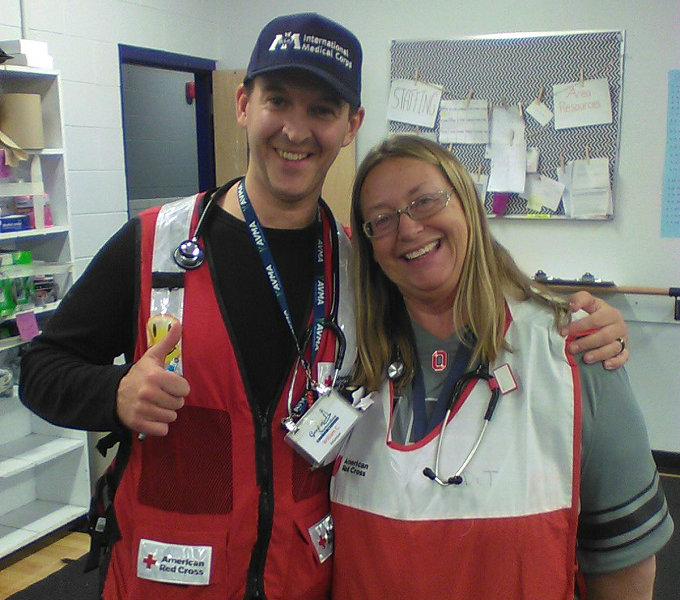
The people we were treating came from all walks of life. The hurricane knew no boundaries of wealth so people with large, expensive houses that had been destroyed in the floods were living alongside long-term homeless people. We could be responding to anything from minor cuts, to drug overdoses to major trauma and the management of chronic conditions. It was like working in a large-scale emergency department but with nowhere to discharge patients to and nowhere to go at the end of your shift.
We could be responding to anything from minor cuts, to drug overdoses to major trauma and the management of chronic conditions
After a few days of working with the county nursing team, I began to take the lead and build a plan. A paramedic named Miranda was my first team mate to arrive and we quickly got to work organising the medical needs of this large group of people. Together we devised and implemented strategies to manage the complex assortment of cases.
As the doctors and nurses started to roll in, I was overwhelmed by the level of compassion, empathy and professionalism they showed. Although this was a disaster scene, their incredible dedication and commitment filled me with unwavering positivity in adversity.
The days progressed and the medical needs of clients increased. My experience became all the more surreal as we saw up to 1,000 people a day, with a nursing and medical team that changed constantly. United States military nurses were deployed to assist and alongside volunteers from the Centene Corporation, International Medical Corps and Heart to Heart International, we worked together to supply medical personnel, equipment and services.
As the doctors and nurses started to roll in, I was overwhelmed by the level of compassion, empathy and professionalism they showed
I spent eight weeks in Wilmington, first helping people whose lives were torn apart by Hurricane Florence and then those who were affected by Hurricane Michael, which hit on 10 October.
The experience has changed my whole outlook on life. It has shown me that in utter devastation, people will rise to the challenge of helping those in need. I was overwhelmed by the magnitude of the fallout from the disaster and even more overwhelmed by the coming together of professionals and communities to begin the healing and recovery process.
It has been my honour, pleasure and privilege to meet some of these amazing people who I consider heroes and friends for life.


